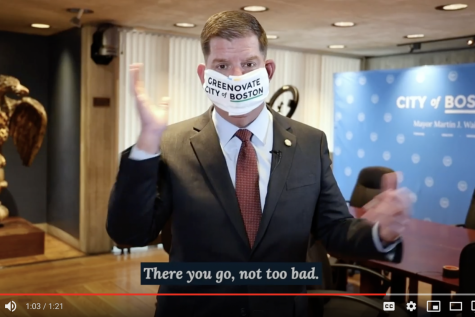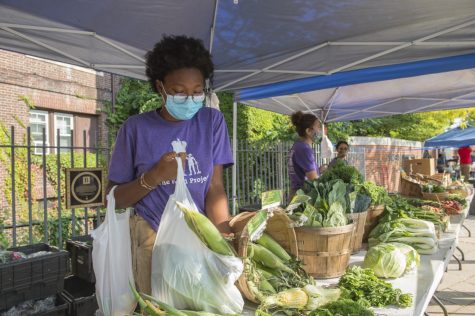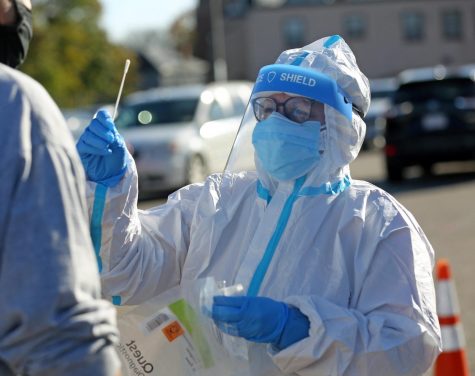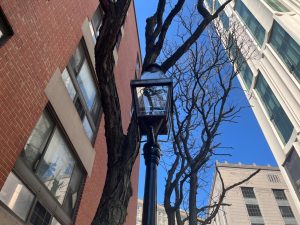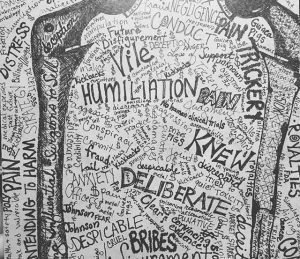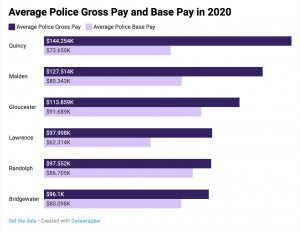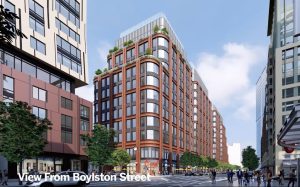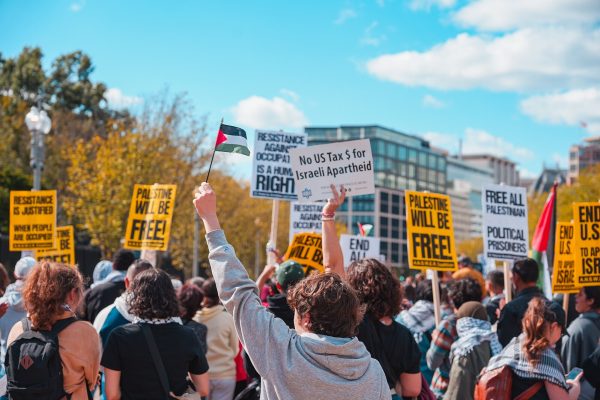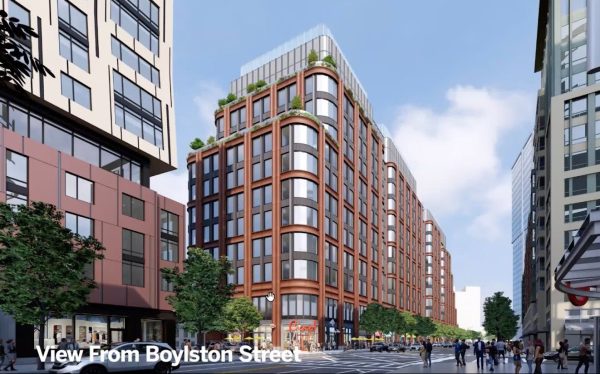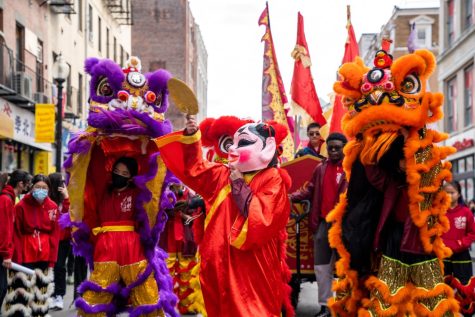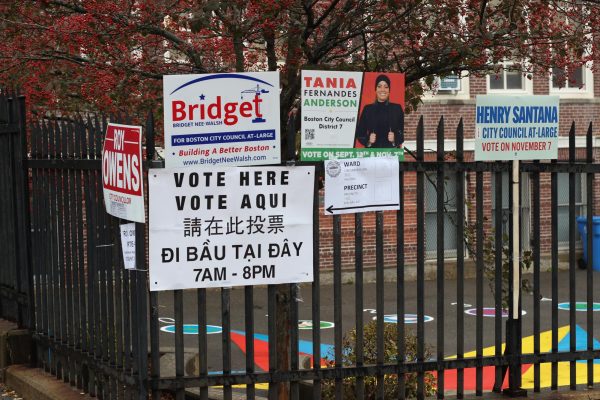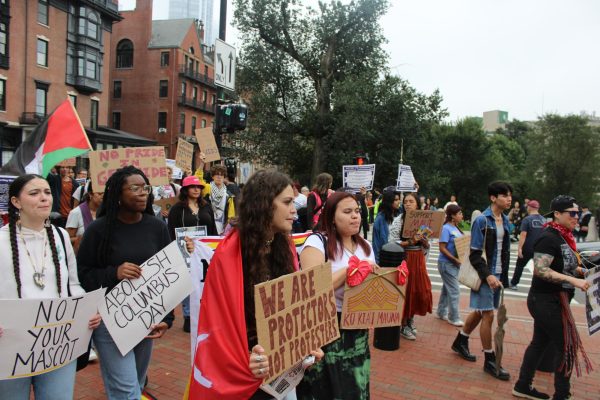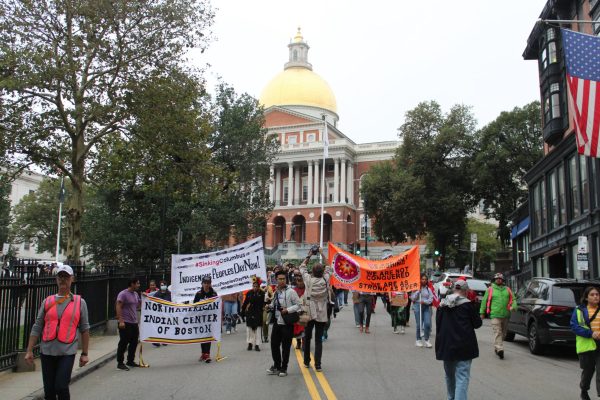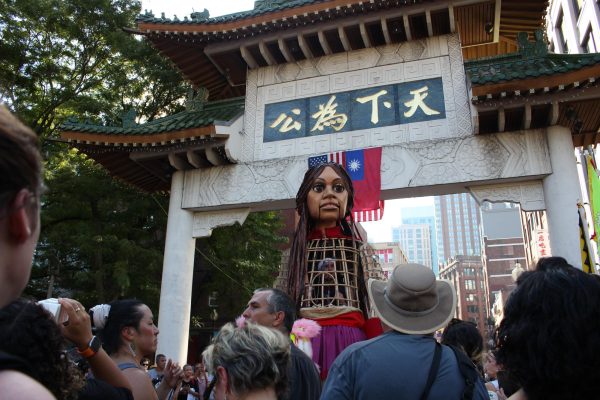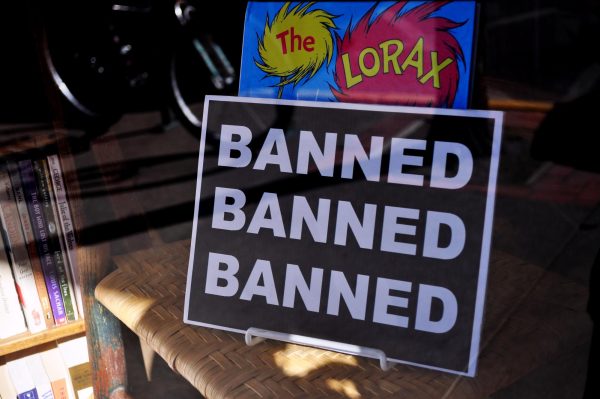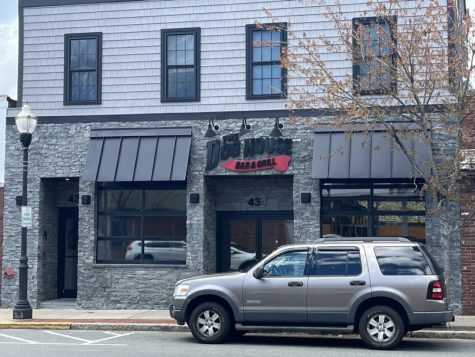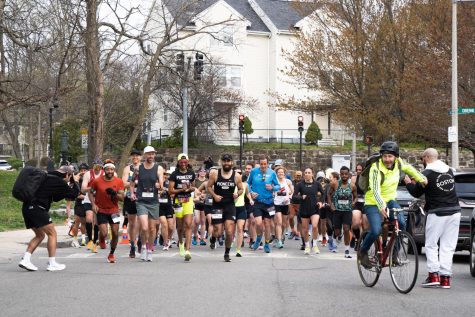Greater Boston area police double their base pay with overtime, detail work
March 15, 2021
In 2020, Capt. Richard McCusker of the Quincy Police Department made $263,000. The other top nine earners on Quincy’s payroll were members of the police force and all made more than $225,000. Mayor Thomas Koch made $160,000.
An analysis of eight payrolls for 2020, received through FOIA requests to cities and towns in the Greater Boston area including Quincy, Malden, Gloucester, Lawrance, Randolph and Bridgewater, showed that top earners were almost all members of law enforcement. Though the average annual wage for police officers in Massachusetts in 2019 was $72,000 a year, those making the most in these towns often earned upwards of $150,000 in 2020.
In Quincy specifically, the average base pay, or the standard rate of pay, for police officers was about $73,000 a year. The average gross pay, or actual wages received, ended up being more than double that. Malden was similar, with an average base pay of $80,000, but an average gross of nearly $130,000. So where is the extra pay coming from?
Though not all of the payrolls broke it down, the data from Malden showed that police officers were largely making up the difference through overtime and detail work. On average, officers in that city were making $9,000 of overtime and almost $40,000 in detail last year. Lawrence’s payroll had an “other” category, showing that about $50,000 of each officer’s pay came from “other” work.
“Detail work is usually being outside with a construction crew directing the flow of traffic, and that’s one of the big ways of making detail and overtime,” said Dr. Jack McDevitt, a professor in criminology and criminal justice at Northeastern University. This summer, he was appointed by university president Joseph Aoun to chair a board focused on improving the Northeastern University Police Department.
“In some states, civilians do it, but in Massachusetts, there’s been efforts against that.”
“They’d rather they do it than a civilian, they think it’s safer. There may be something to that, but you have to decide if it’s worth that investment of money,” said McDevitt.
The law change over a decade ago prompted anger from the police. Even in 2010, some officers threatened to arrest a construction worker directing traffic around a site. Though oftentimes detail work is paid by private contractors, it can work its way back to the taxpayer, says McDevitt.
“There are obviously things that are paid by a city, like police detail at protests or the Boston Marathon.”
Overtime, too, has been a cause for concern. There was the recent Troop E overtime scandal, in which 22 officers in the Massachusetts State Police department submitted false payroll records allowing them to collect pay for overtime hours they didn’t work.
“A lot of towns and cities are really good about it, but it was obviously widespread in the Massachusetts State Police,” said McDevitt.
Overtime can also be an issue because of the fear of overworked police. A study of the Phoenix police department in 2015 compared officers working 10 hour shifts to those working 13 hour shifts. There were significantly more complaints against those working the three extra hours. Similarly, an audit of the King County Sheriff’s Office in Washington in 2017 found that working one additional hour increased the chances that an officer was involved in a use of force incident or an ethics violation. It also presents danger to the officers themselves.
“Officers get injured because they’re overtired, they’re fatigued. They’re people like everyone else,” said former Boston police Lt. Tom Nolan.
Nolan, now a sociology professor at Emmanuel College, was in the Boston Police Department for 27 years. According to him, most officers don’t even want to be working overtime, but a lot of it is mandatory. In cities like Boston, there are minimum staffing levels that are required in each precinct, regardless of the time or day. This presents problems when there aren’t enough officers to fill the spots in a certain area.
“These numbers are not evaluated on an ongoing basis, and I don’t know where they come from. I wouldn’t be surprised if the numbers today were the same as when I was last on the force in 2004,” said Nolan. He suggested that changing the minimum staffing numbers was an option for cutting the additional cost of police work and that it would be beneficial for overworked officers as well.
A Boston 25 investigation in 2019 reported to police departments about how much overtime contributed to police pay. They attributed it partially to backlash against the police in response to the cases of Tamir Rice and Alton Sterling, believing that it keeps people from applying to work in law enforcement.
“We’re finding that as a result of the Black Lives Matter protests for example, fewer people are taking exams to become police. They’re applying less. But still, overtime has been an issue for decades, so it’s not necessarily caused by what’s going on now,” said McDevitt. Nolan echoed this sentiment, saying he started seeing staffing issues while he was working as an officer in the 1980s, around the time minimum staffing requirements were imposed.
None of the police departments involved in the analysis responded to requests for comments, but Nolan suggested that police officers would be receptive to changes that decrease the amount of overtime. In his experience: “They don’t want to work this overtime… They want to go home to their families.”
McDevitt, however, is not sure everyone would be on board.
“If a police officer is getting an extra $20,000 a year in overtime, after doing that for a year or so, they might decide to buy a boat or upgrade their home. Then they need that extra money to keep up their lifestyle,” he said.
“The big question is what’s the cost of public safety?”
Editor’s note: Data analyzed in this story is are obtained through FOIA requests to cities and towns in the Greater Boston area including Quincy, Malden, Gloucester, Lawrance, Randolph and Bridgewater for last year. You can find the data in the links below.



